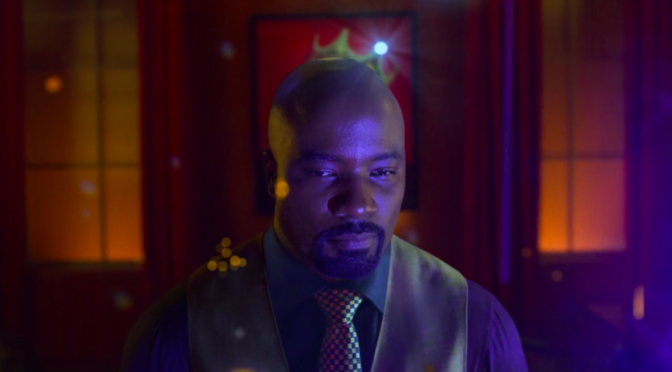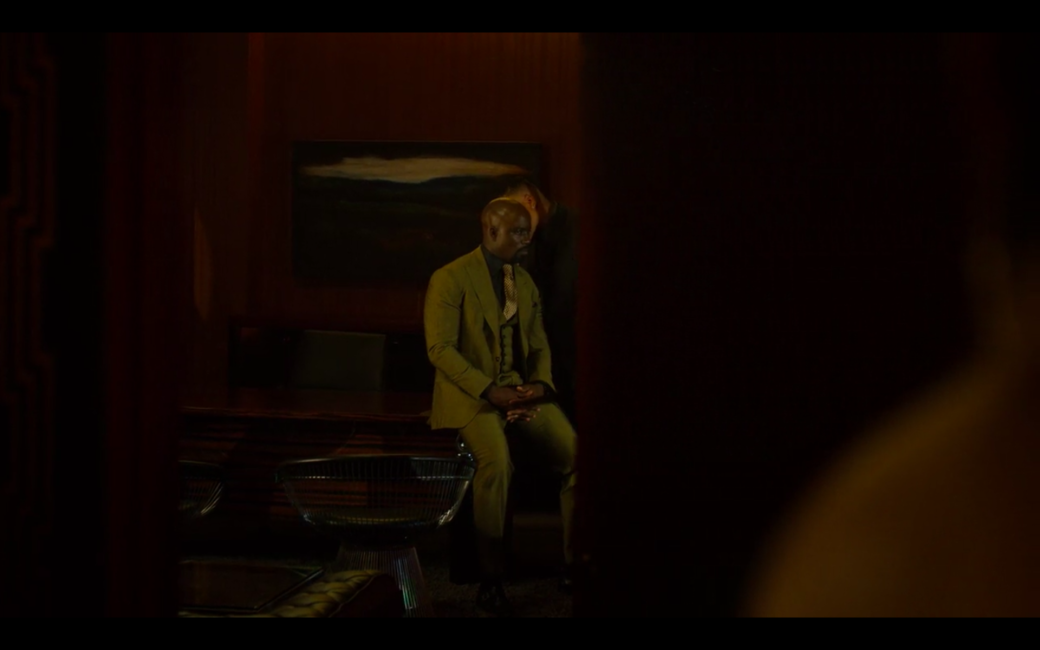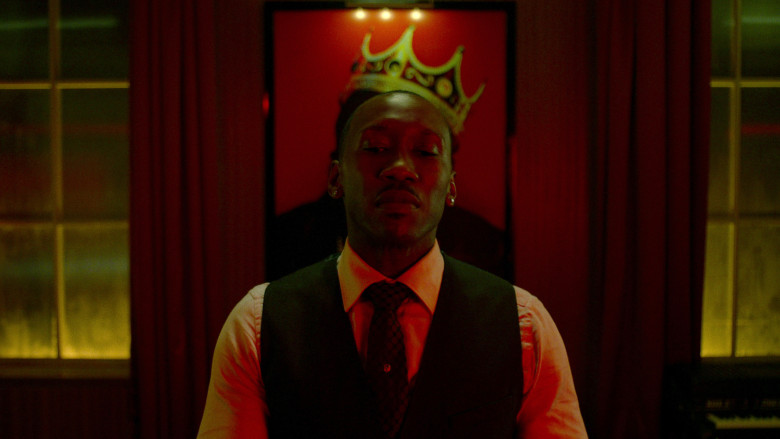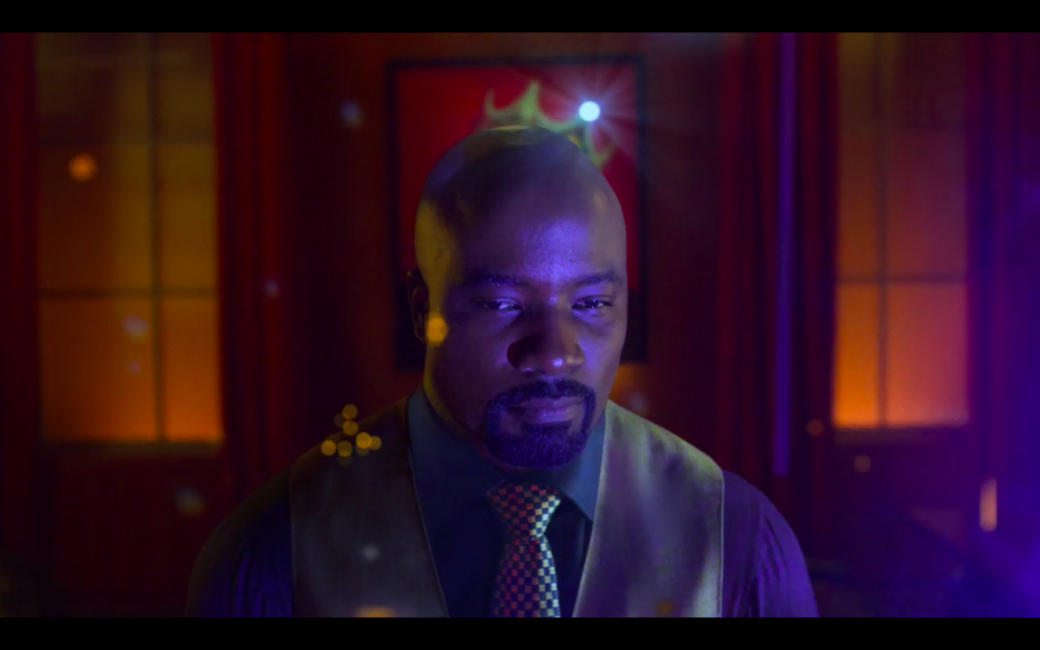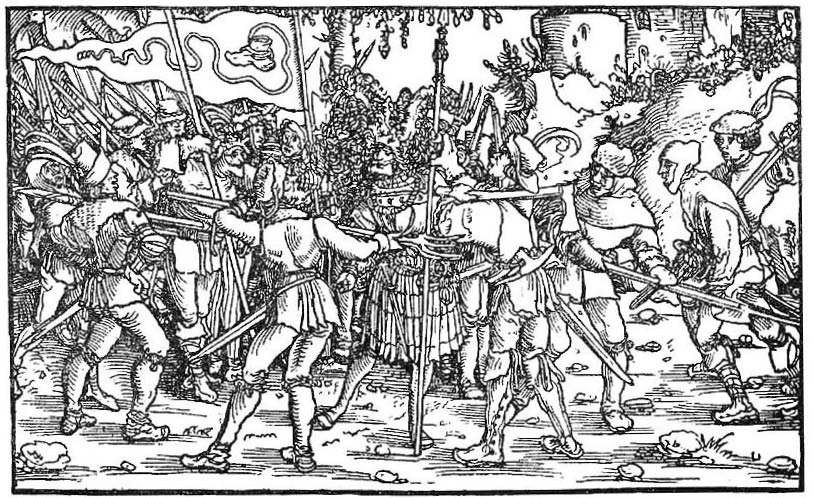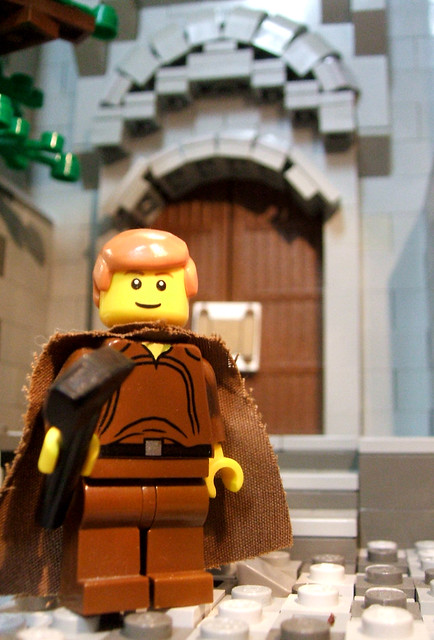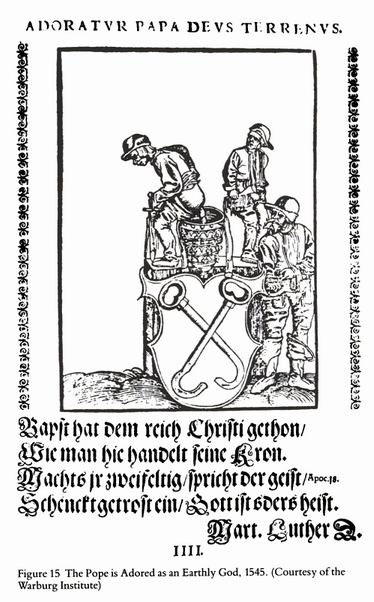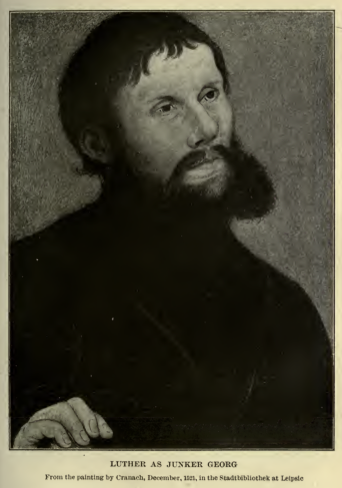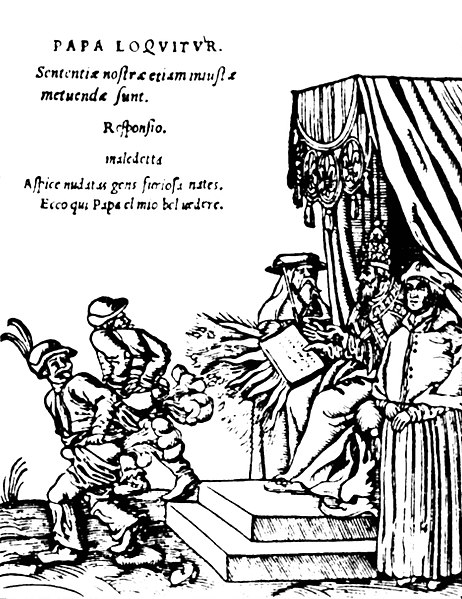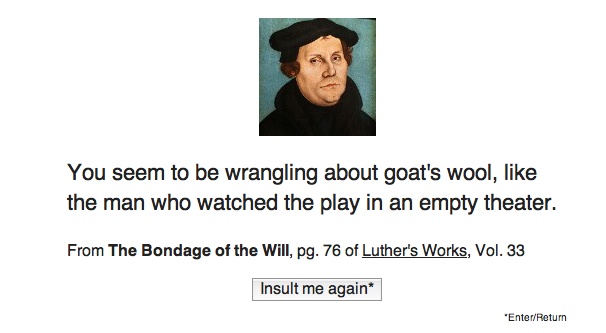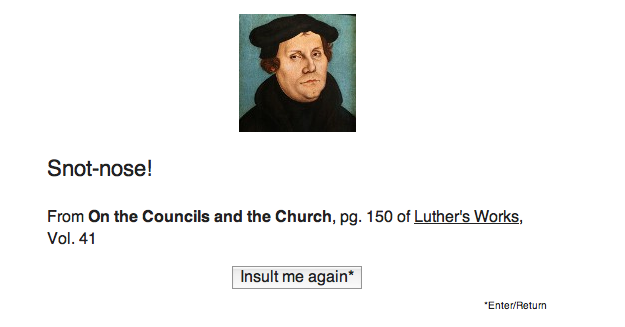Rachel Held Evans was something of an internet phenomenon; a voice of a generation of Christians, especially women, who felt sidelined and marginalised by an institutional church and a form of Christianity many have struggled to reconcile with the Jesus we meet in the Gospels. She took twists and turns that made many (including me) uncomfortable, but her desire (whether you think she got there or not) to take Christianity back towards the heart and example of Jesus was undeniable, so too, her impact on the broader church, especially women and other people the status quo of how the church operates (especially in America). I’m reminded, in moments like these, that it is by grace, through faith in Jesus, that people are part of God’s kingdom, not (mercifully for me, and others) by ticking the correct doctrinal boxes. One just has to glance at the hashtag #BecauseofRHE to see this. She’s an interesting and powerful testimony to the way the internet destabilises the status quo in the church in a similar way to the printing press, giving a voice, and power, to those our structures might exclude.
Rachel Held Evans went to hospital for an apparently routine matter, and complications in the procedures, or with the medication, left her in a pretty dire, ultimately fatal, set of circumstances. The story about her health broke on twitter when an acquaintance published a private Facebook post, without permission, which led to a Twitter wide prayer vigil, and an incredible outpouring of support. The internet collapsed our creaturely separation from these events. Medical procedures happening a world away, to one individual, were suddenly occupying the attention of people around the globe; me included. I refreshed the page updating her condition daily; praying as I did. A new ‘daily office’ of sorts that compartmentalised a small part of my attention; and thus my embodied life, placing it in a virtual hospital waiting room a world away. It did this for many people. One life, a life I have no creaturely, physical connection to, a person I do not know, occupying attention that is limited, and probably has prior claims put on it by those in my more immediate, embodied, orbit.
And then Rachel died. Those updates and the outpouring of prayer and support changed, and there’s now an outpouring of genuine grief; the vast majority of this grief is being expressed by people who had no physical connection to Rachel Held Evans, but rather a spiritual connection. A sense of a connection to her built by her writing, in her questions, in her activism — in what she represents in terms of a challenging of status quos — she represents so many others, especially women who are often deplatformed by the evangelical status quo (and so turn to the Internet for a sense of community and a space to talk, and question, and be recognised). For good or for ill, for most of us grieving, we are grieving the loss of a persona as much as a person, because for many of us, our access to Rachel was always mediated by pixels and in words. All interactions with all people are mediated and the idea of getting an intimate knowledge of who a person truly is requires not simply embodiment, but vulnerability; Rachel’s writing and her approach to the internet in general, has been celebrated as being exemplary human, and vulnerable. Her impact on the church is real, even if virtual. Her loss is being felt by many — even those who had sharp theological disagreements with her online. The questions she confronted us with are not just questions of the content of our beliefs — where I was as likely to disagree with things she said as I was to agree — but with questions about our forms and practices, both in the physical church community, and the virtual space we now occupy.
What’s clear is that while many people are grieving the loss of Rachel Held Evan’s presence, mediated online, there’s a family — especially a husband and two very young children — and friends, for whom this loss, this grief, is more palpable; more tangible; the hole left by this tragedy will not be filled by hashtags or pixelated stories.
Grief is a strange thing to observe; and the internet makes it stranger. In the outpouring of grief around the death of one loved persona we’re seeing the best of the Internet, but also the weirdness of our increasingly disembodied, ‘excarnated’ age — where a local community of believers has, in many cases, for many people outside the norms, been a disappointment, such that comfort, community, and the sense of being known and loved has led many online, and many to voices like Rachel’s. It would be a tragedy for us, as the church, not to learn something from the expressions of grief from around the world, especially from women, and those our communities marginalise (including those seeking to reconcile their faith in Jesus with their sexuality), and to ask questions about where we might have failed locally; where there might be other women like Rachel, or who felt championed by her, in our midst; and where we might need ongoing reform of our church practices — our forms — to align them with our content.
As I’ve spent my emotional energy watching the reaction to this tragedy roll out around the Internet, reading far too many awful, negative, ‘gotcha,’ pieces alongside the genuine expressions of lament, and loss, and connection to Rachel Held Evan’s and what she meant to real people, I’ve felt a little like an outsider; not to the expressions of grief, but to its embodied reality. I’ve felt like one affected by the loss of a persona rather than a person. I’ve been detached enough to start asking questions about the nature of grief, of personhood, of spiritual community, and of the Internet, I’ve not been able to escape the title of C.S Lewis’ writings about grief: A Grief Observed, and wondering if Lewis has much to say about how the Internet and this grief might be doing strange things to our personhood. I’m not without empathy; the thought of Rachel’s husband Dan having to publicly mediate his wife’s last few weeks to a legion of fans, while working through the medical process, and his personal grief, and now the thought of him raising two children who may forget their mother hits me pretty hard; harder than the loss of Rachel Held Evan’s voice — which will live on not just in the mediated pixels of the internet, but in the way her thoughts and experience were ‘incarnated’ into her books. But I also feel like a stranger who has walked in to the back of a church during a funeral service, or who has wandered into a wake and been handed a drink and caught up in what is quite a human experience that properly requires a body and some deep connection to a physical person who is now gone.
In A Grief Observed, Lewis, writing about his wife, H, reflects on how quickly in the absence of her embodied presence, he is left grieving — and recreating in his mind — an image of his wife; a persona, rather than the real person. And how much the reality of a person’s presence overwhelms the versions of them we create in our imagination.
“I am thinking about her nearly always. Thinking of the H. facts—real words, looks, laughs, and actions of hers. But it is my own mind that selects and groups them. Already, less than a month after her death, I can feel the slow, insidious beginning of a process that will make the H. I think of into a more and more imaginary woman. Founded on fact, no doubt. I shall put in nothing fictitious (or I hope I shan’t). But won’t the composition inevitably become more and more my own? The reality is no longer there to check me, to pull me up short, as the real H. so often did, so unexpectedly, by being so thoroughly herself and not me.”
How much more will this phenomenon be exaggerated by the Internet? How much more will our re-creation or re-imagination of a lost person be accelerated so that they become a sort of avatar if we’ve not been physically connected to a person? These questions aren’t to deny the attachment to Rachel Held Evans, or the reality of the grief, or the deep reality of a spiritual connection shared across time and space by those who have the Spirit of God dwelling in them — but to ask questions about how healthy, or human, such attachments are, and to ponder if this virtual reformation prompted by pioneers like Evans would best happen locally, with those our systems marginalise but who are still in our midst?
Lewis ponders this some more in the same chapter:
“Today I had to meet a man I haven’t seen for ten years. And all that time I had thought I was remembering him well—how he looked and spoke and the sort of things he said. The first five minutes of the real man shattered the image completely. Not that he had changed. On the contrary. I kept on thinking, ‘Yes, of course, of course. I’d forgotten that he thought that—or disliked this, or knew so-and-so—or jerked his head back that way.’ I had known all these things once and I recognized them the moment I met them again. But they had all faded out of my mental picture of him, and when they were all replaced by his actual presence the total effect was quite astonishingly different from the image I had carried about with me for those ten years. How can I hope that this will not happen to my memory of H? That it is not happening already? Slowly, quietly, like snow-flakes—like the small flakes that come when it is going to snow all night—little flakes of me, my impressions, my selections, are settling down on the image of her. The real shape will be quite hidden in the end. Ten minutes—ten seconds—of the real H. would correct all this. And yet, even if those ten seconds were allowed me, one second later the little flakes would begin to fall again. The rough, sharp, cleansing tang of her otherness is gone.”
Love, in some sense, is, and must be, bodily, not simply imagined or excarnate. When the Apostle Paul speaks about love in that most famous of passages, 1 Corinthians 13, he describes not just the physical, expressed, characteristics of love from one person to another; but paints a vision of love as being completely known, not simply imagined by another, not simply a reflection or a persona, but known. This is a picture that describes a future — the renewing of all things, the hope of the new creation.
“For now we see only a reflection as in a mirror; then we shall see face to face. Now I know in part; then I shall know fully, even as I am fully known.” — 1 Corinthians 13:12
Until that time all our knowing of an other, all our loving, is mediated — we encounter personas who are on the journey of becoming persons to us; the hope of those of us who believe in the resurrection is that, in the course of eternity, those we know now only virtually will be made real to us, and we to them. There’s certainly a longing for this to be true being expressed by those grieving the death of Rachel Held Evans this week; but also in all our grief.
But I wonder how healthy it is for us, as humans, to pour so much attention and affection — so much love — into pixelated personas; into people across the world where our hope for deeper connection is to be eternally, rather than temporally, realised? I wonder if the accounts I’ve read — and my own experience — feeling gut punched by this tragedy a world away might be time, emotion, and attention better spent locally, in my own (or your own) embodied, incarnate, existence.
As well as talking wisely about grief, C.S Lewis talked about how the invention of the car and the proliferation of international news via the newspaper, had a profound destablilising affect on our human experience — and not always for the better. In Surprised By Joy he wrote about how new technology — the car — led to the ‘annihilation of space’ — a breaking down of our embodied creatureliness and natural barriers; how much more is this true of the Internet? And how much should we be concerned by how that might disintegrate our attention and thus our affections and our relationships, so that we find our ‘deepest’ sense of being known with people we are not meeting face to face. Lewis said, of the car:
“I number it among my blessings that my father had no car, while yet most of my friends had, and sometimes took me for a drive. This meant that all these distant objects could be visited just enough to clothe them with memories and not impossible desires, while yet they remained ordinarily as inaccessible as the Moon. The deadly power of rushing about wherever I pleased had not been given me. I measured distances by the standard of man, man walking on his two feet, not by the standard of the internal combustion engine. I had not been allowed to deflower the very idea of distance; in return I possessed ‘infinite riches’ in what would have been to motorists ‘a little room’. The truest and most horrible claim made for modern transport is that it ‘annihilates space’. It does. It annihilates one of the most glorious gifts we have been given. It is a vile inflation which lowers the value of distance, so that a modern boy travels a hundred miles with less sense of liberation and pilgrimage and adventure than his grandfather got from travelling ten. Of course if a man hates space and wants it to be annihilated, that is another matter. Why not creep into his coffin at once? There is little enough space there.”
Distance is an essential part of being human; but also of our ethic — of our ability to love well. In a letter to a friend, Bede Griffiths, Lewis talks about the affect of the newspaper — the way news and views from across the globe suddenly, and more immediately, occupy our attention, first because of the connectivity brought about by the telephone, and telegraph — connecting newsrooms around the globe, but now on steroids via the Internet, the 24 hour news cycle, and the citizen journalism of the Internet. Is it healthy or helpful for me to obsessively refresh health updates about a woman across the globe when surrounded by the sick and dying in my city? Or to give attention to Rachel Held Evan’s family not just at the expense of my own, but at the expense of families in my community? These are, perhaps, questions that in our increasingly excarnate age, fuelled by the “annihilation of space,” that we need to keep asking ourselves lest we be lost; disintegrated, broken up into pixels that fly around the world, mediated by glass screens. Lewis said:
“It is one of the evils of rapid diffusion of news that the sorrows of all the world come to us every morning. I think each village was meant to feel pity for its own sick and poor whom it can help and I doubt if it is the duty of any private person to fix his mind on ills which he cannot help. (This may even become an escape from the works of charity we really can do to those we know). A great many people (not you) do now seem to think that the mere state of being worried is in itself meritorious. I don’t think it is. We must, if it so happens, give our lives for others: but even while we’re doing it, I think we’re meant to enjoy Our Lord and, in Him, our friends, our food, our sleep, our jokes, and the birds song and the frosty sunrise. As about the distant, so about the future. It is very dark: but there’s usually light enough for the next step or so. Pray for me always.”
Sound advice in an age not just of outrage, but where the suffering of others we have no embodied connection with is beamed into not just our lounge room, or our study, but our pockets. As the philosopher Iris Murdoch suggests, virtue lies in deciding what to give attention to; and then in how we act; the internet makes the stakes different in this, it brings us closer to those who are far away, but at risk of making us further away from those who are near. The question ‘who is my neighbour’ has always been a vexxing one when it comes to suffering around the globe, and to not ‘annihilate space’ but live a hyper-local life seems to be just as problematic in reinforcing our blindness, but I wonder if the right use of the Internet rests in something like C.S Lewis’ affirmation of the goodness of the car; a chance to journey to far off places, but not forget where home is, a chance to, in our travels to meet ideas and people “clothe them with memories and not impossible desires,” to recognise the power of these ‘memories’ or ‘ideas’ to unite us and make us feel recognised and so not to minimise them, but also to remember that a persona is something slightly different to a person to us and more of a person to those in their proximity, for whom they are embodied.
